
Pioglitazone
Thiazolidinedione (TZD) medications are used to treat type 2 of the diabetes. Pioglitazone (Actos, Glustin, Zactos) is a one of those anti-diabetic medications, having anti-hyperglycemic effect. Pioglitazone works by sensitizing the cells of the body to insulin. It may be used alone or combined with some other diabetic medications, such as metformin, insulin and sulfonylurea.
Warning
Report to your doctor or pharmacist any other prescription, herbal or dietary medication you have been using. Your doctor should be aware of your allergic reactions to food, medications or any other substance. If you plan to become pregnant, or you are pregnant or breastfeeding consult the doctor before you start the treatment with pioglitazone.
Do not use this medication if you are diagnosed with diabetes type1, or suffering from heart failure or liver problems (when using troglitazone).
Patients allergic to pioglitazone or any substance present in the medication should not use this drug.
Pioglitazone may interact with your condition if you have previous liver, eye or heart problems or diabetic ketoacidosis.
Side Effects
Adverse effects are rare when using pioglitazone and the studies reveal that the incidence of side effects is similar to placebo treatment. Usually, patients experiences headache, sinus and respiratory infections, tooth problems, pharyngitis and muscle pains.
Combination of pioglitazone with sulfonylurea or insulin may cause lower than normal levels of blood sugar. Patients using insulin and pioglitazone together are considered to have increased risk of edemas.
Hematologic side effects include rare cases of anemia, more frequent when patients used combination of drugs. Patients also experienced decrease of hemoglobin and hematocrit.
Cardiovascular problems are also potentiated when pioglitazone is used in combination with sulfonylurea, insulin or metformin. The most common cardiovascular problem is edema, and the incidence of this side effect is two times higher in patients treated with the combination of the anti-diabetic drugs. There were also reports of angioneurotic edema. This type of edema is characterized by swelling of the lips and tongue and a sore throat.
Pioglitazone treatment may cause liver damage as hepatic adverse effect.
Patients treated with this medication may suffer from diabetic macular edema or blurred vision. The preexisting diabetic macular edema may progress ad worsen when patient use pioglitazone.
Interactions
It is important to report the use of anti-diabetic medications, rifampin and anticoagulants to your doctor.
Pioglitazone may interact with insulin, gemfibrozil or oral anti-diabetic medications and increase the risk of low levels of glucose in the blood. Rifampin could decrease the effectiveness of pioglitazone and anticoagulants may increase the risk of unwanted side effects.


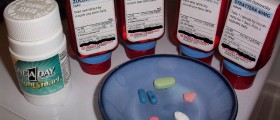
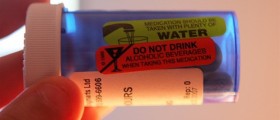



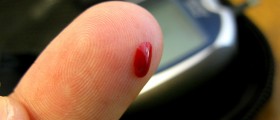

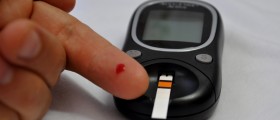



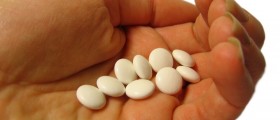


Your thoughts on this
Loading...